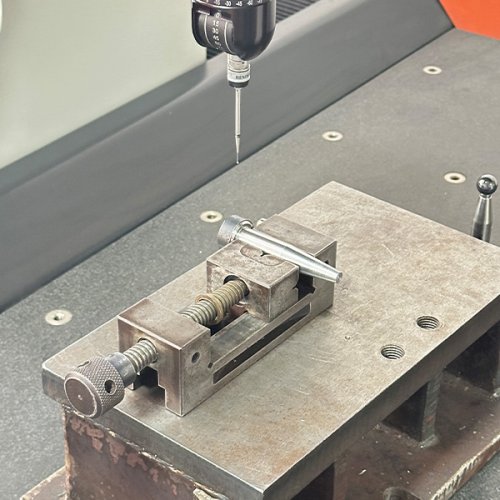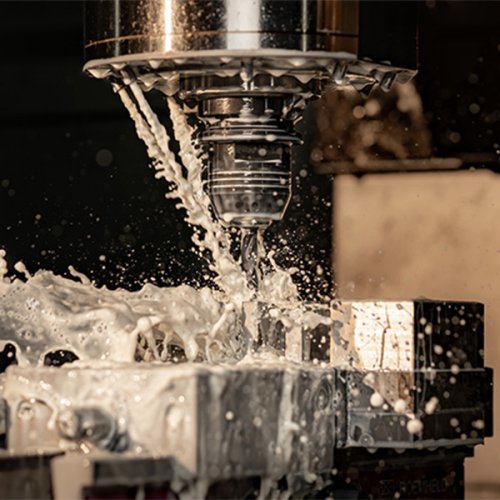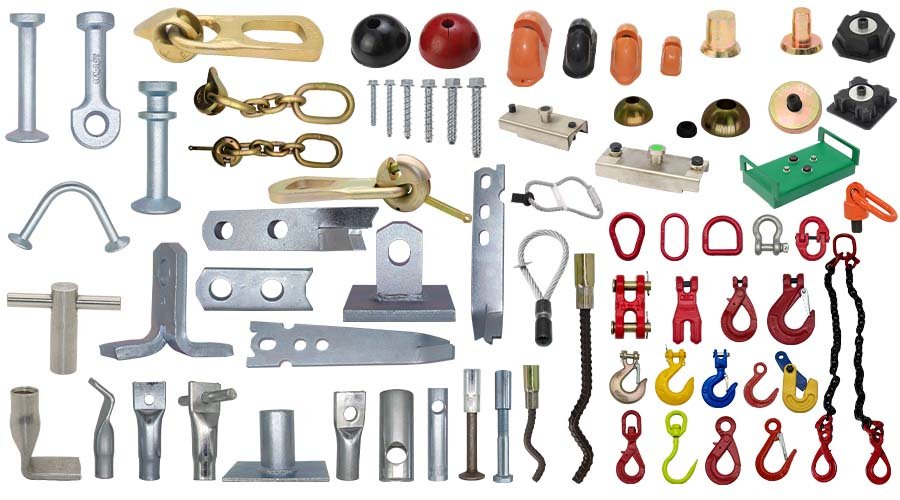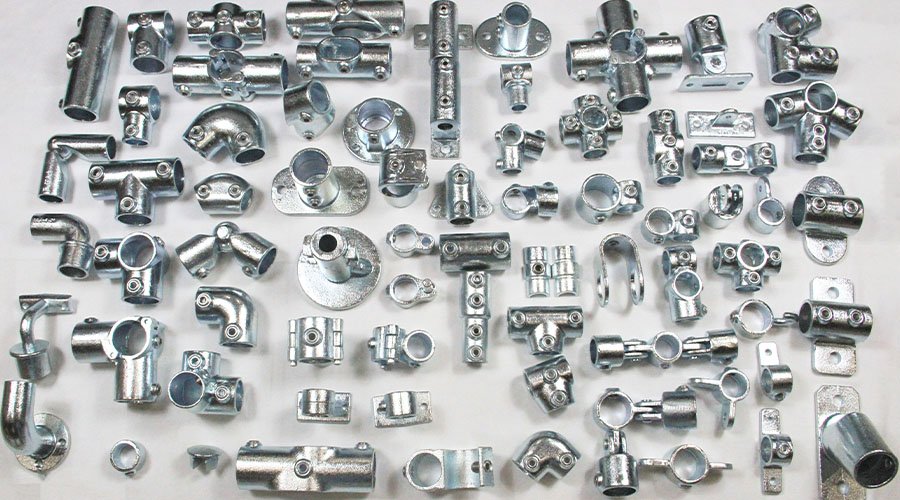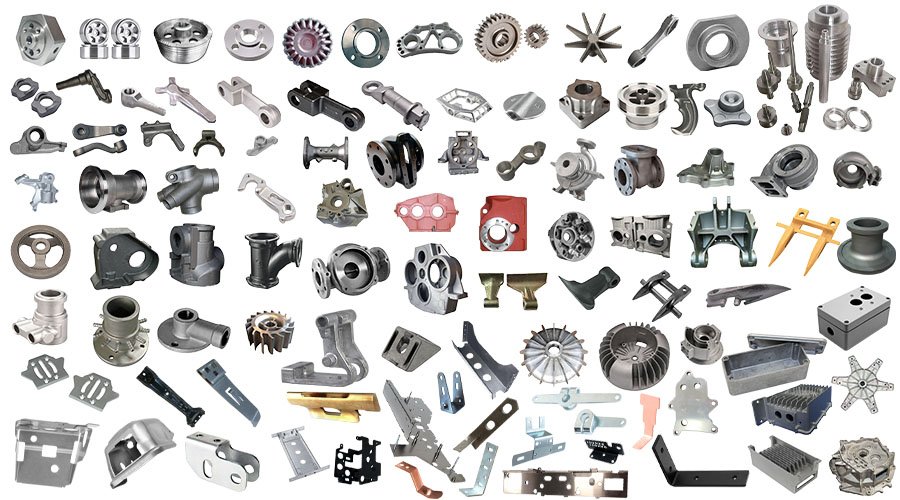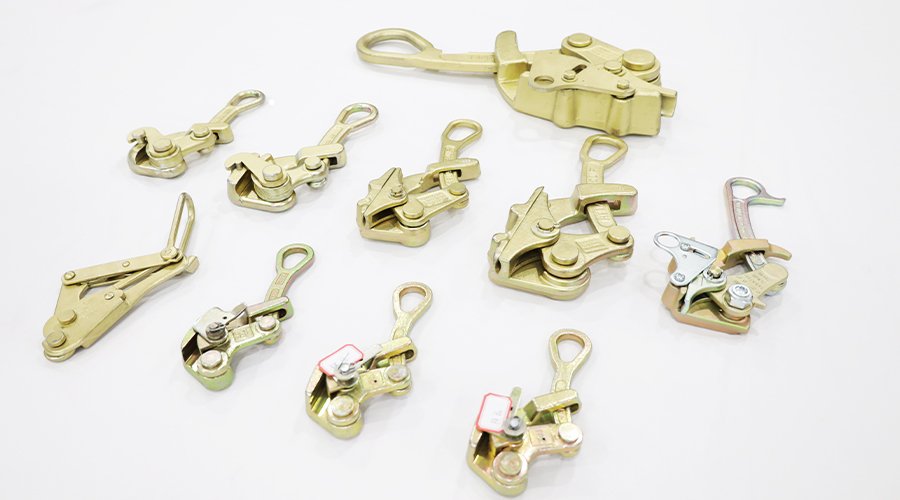Custom aluminum die casting parts range from automotive housings, heat sinks, and LED lighting enclosures to electronic device shells, machinery components, and decorative hardware. These parts are tailored to meet specific functional and aesthetic requirements, ensuring durability, lightweight performance, and dimensional accuracy. They are widely used in industries such as automotive, electronics, construction, and consumer goods manufacturing.
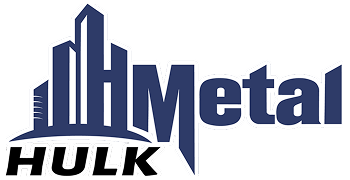
 EN
EN RU
RU

